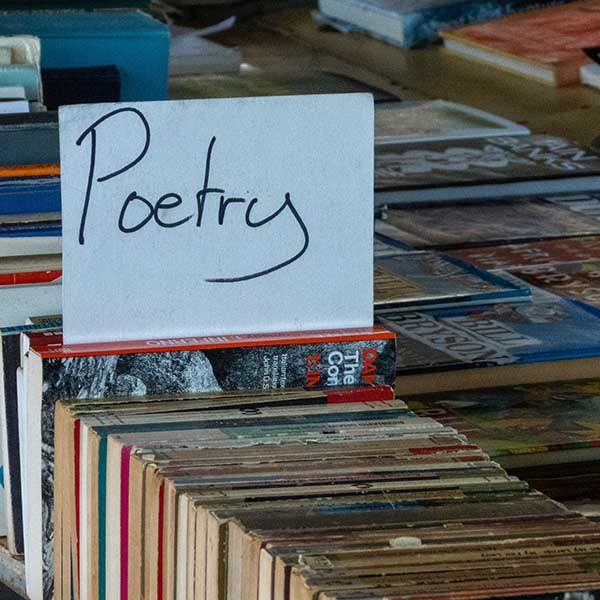National Poetry Month
The largest literary celebration in the world, National Poetry Month is an annual celebration of poetry and its place in American culture. (From Planning to Change the World 2021-2022: A Plan Book for Social Justice Educators opens in a new tab)
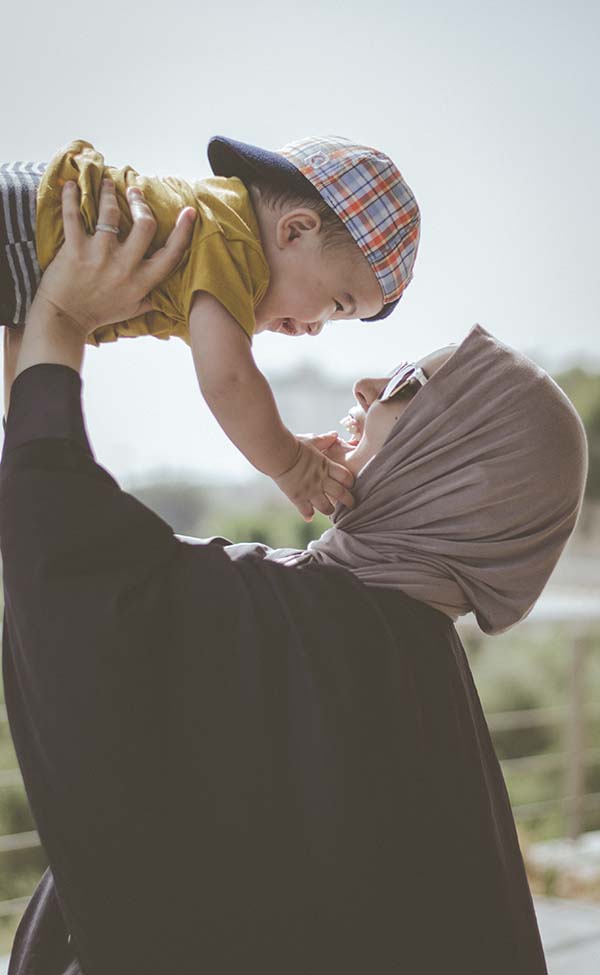
April 1 — First Day of Arab American Heritage Month opens in a new tab
Arab Americans have heritage from 22 Arab nations: Algeria, Bahrain, the Comoro Islands, Djibouti, Egypt, Iraq, Jordan, Kuwait, Libya, Morocco, Mauritania, Oman, Palestine, Qatar, Saudi Arabia, Somalia, Sudan, Syria, Tunisia, the United Arab Emirates, Lebanon, and Yemen. This month, we celebrate the various accomplishments, cultures, and traditions of the diverse population of Arab Americans.
New Horizon Academy opens in a new tab provides great resources, including children’s books, in support of celebrating Arab identity and the prevention of negative stereotypes.
April 2 — World Autism Awareness Day opens in a new tab
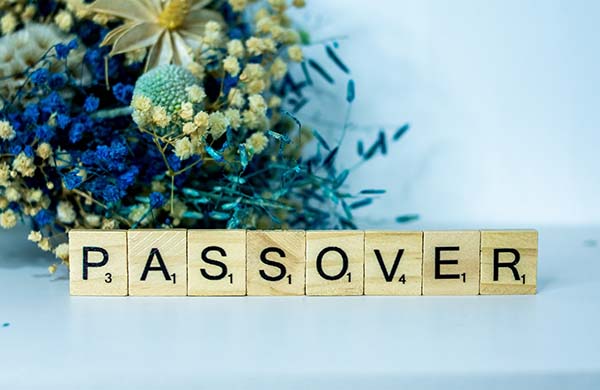
April 5 — First Day of Passover
Passover is a Jewish holiday commemorating the emancipation of Jewish people from slavery. The Home School Mom opens in a new tab provides free resources such as lesson plans and activities for children of all ages.
April 21 — Eid al-Fitr
Eid al-Fitr, sometimes called the Festival of Sweets, marks the end of Ramadan, an Islamic holy month of fasting. It is often celebrated with prayer, acts of charity, and a feast including special sweet foods.
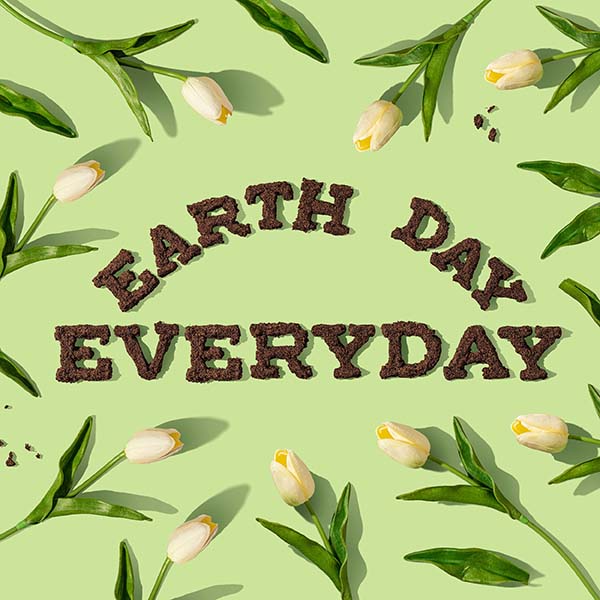
April 22 — Earth Day
Each year, billions of people celebrate Earth Day to protect this planet from deforestation and pollution. National Geographic Kids opens in a new tab provides the following tips on how to help our environment:
- Become a waste warrior
- Plant a tree
- Turn off the lights
- Limit your water usage
- Volunteer
- Spread the message
Little Bins for Little Hands offers free activities to engage in Earth Day opens in a new tab.
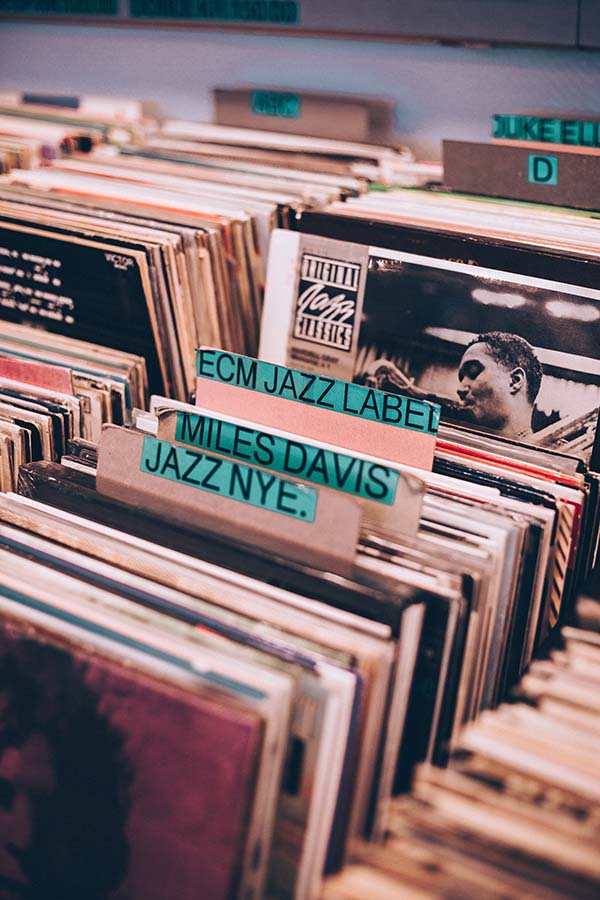
April 30 — International Jazz Day opens in a new tab
Jazz day was chosen for several reasons. The United Nations Educational, Scientific and Cultural Organization (UNESCO) provided the following examples:
- Jazz doesn’t belong to just one group of people. Instead, it transcends barriers and nurtures mutual acceptance by reducing tensions between people as well as fostering equality;
- Jazz is often used as a symbol of peace, unity and freedom of expression;
- Jazz strengthens young people’s role in social change;
- Jazz encourages creativity, innovation, inclusion and improvisation; and,
- Jazz stimulates dialogue between different groups of people.

